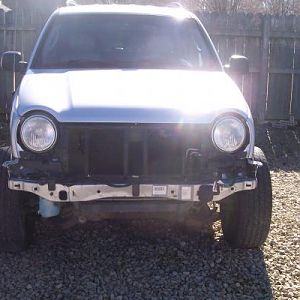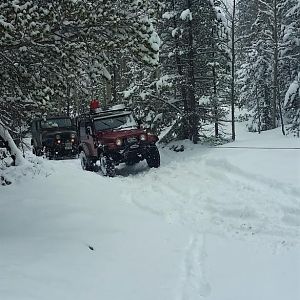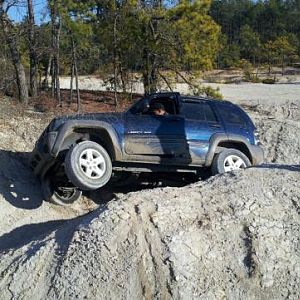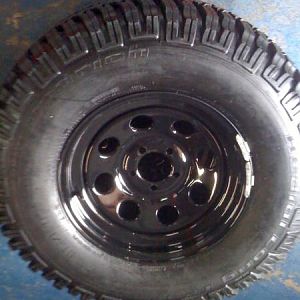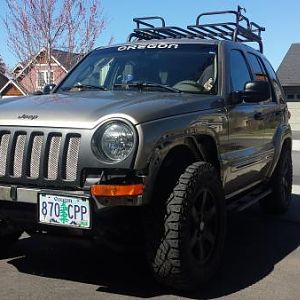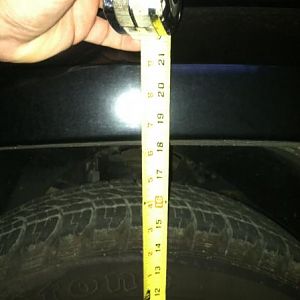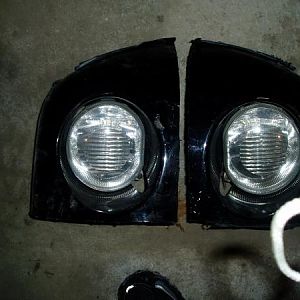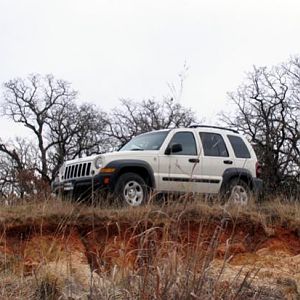On our 2002 Liberty Limited there is a 4 inch appx. hose by the fuel tank that keeps splitting and leaking making a hiss noise and a check engine light come on. What is this hose and why would it do this? Also what would it affect?
Also my dad keeps trying to tell me the rims on our 2004 Liberty Sport only fit 215/70R16 Wrangler tires,which I know is false because I've seen other libbys with the same rim and different tires...but I just want some backup so he will quit telling me this...
And also if anybody here could help me out, is it REQUIRED to bleed the brakes after installing a new brake booster even though the brakes feel and work great? (this is regarding a 94 S10 Blazer).
Thanks a bunch in advance.
Also my dad keeps trying to tell me the rims on our 2004 Liberty Sport only fit 215/70R16 Wrangler tires,which I know is false because I've seen other libbys with the same rim and different tires...but I just want some backup so he will quit telling me this...
And also if anybody here could help me out, is it REQUIRED to bleed the brakes after installing a new brake booster even though the brakes feel and work great? (this is regarding a 94 S10 Blazer).
Thanks a bunch in advance.



